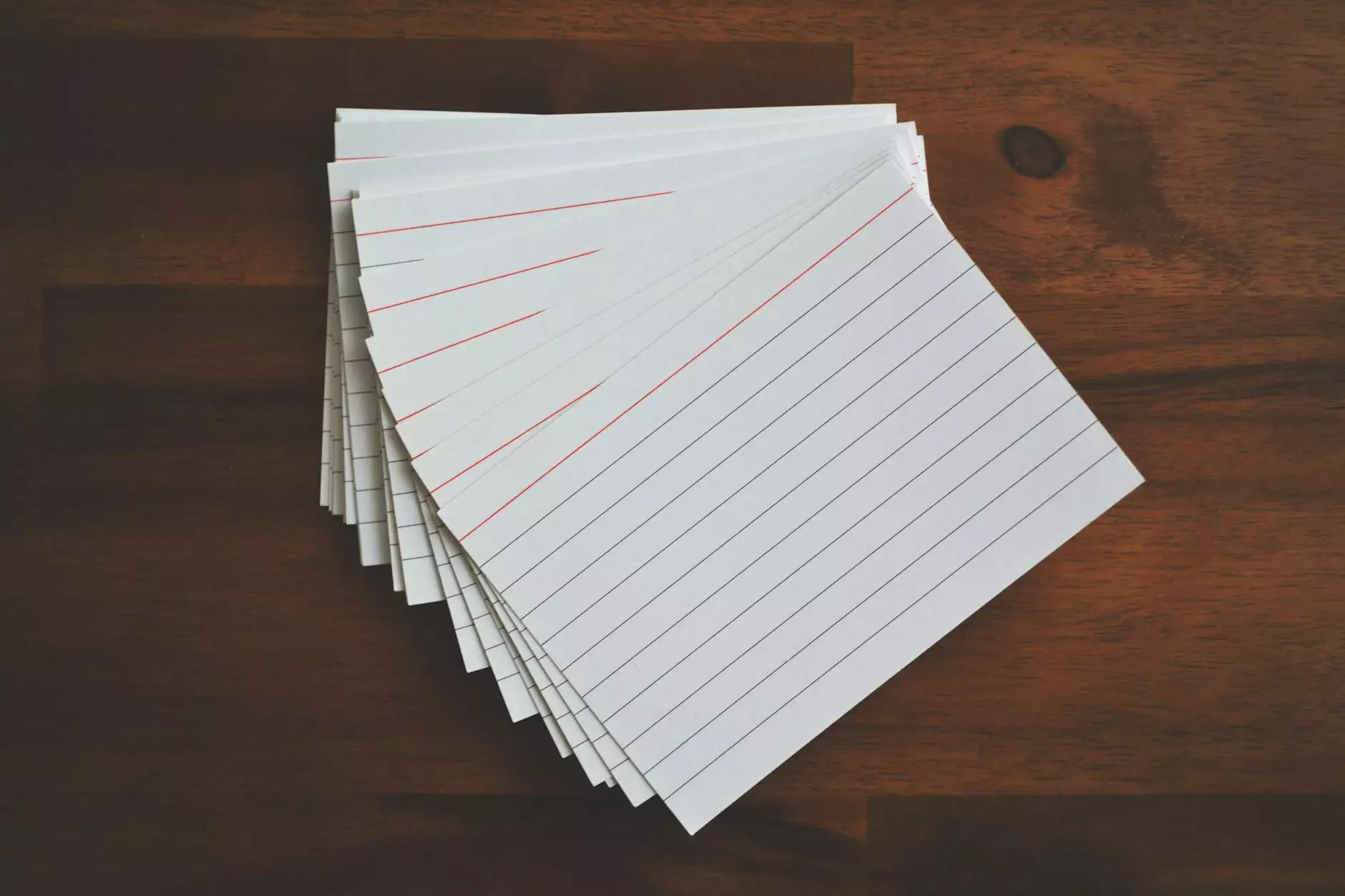A Guide to Writing History Essay

The Knowledge Nest - Community and Society
Welcome to The Knowledge Nest's comprehensive guide to writing a history essay. If you're a student looking to master the art of crafting engaging and well-researched history essays, you've come to the right place. Our expert team at Studybay has compiled this guide to help you excel in your academics by providing you with valuable tips, techniques, and insights into the world of history essay writing.
Why History Essays Matter
History essays play a crucial role in academic assessment because they require students to analyze and interpret historical events, contexts, and narratives. By writing a history essay, you develop essential skills such as critical thinking, research, and effective communication, which are highly valued in various fields beyond academia.
Understanding the Essay Prompt
Before diving into writing, it's essential to thoroughly understand the essay prompt. Take the time to dissect it, identify key terms, and clarify any ambiguities. This initial step ensures that your essay addresses the specific requirements, enhancing your chances of earning a high grade.
Researching and Gathering Information
Effective research is the backbone of any history essay. Start by consulting reliable sources such as scholarly articles, books, and reputable websites. Take comprehensive notes, ensuring you capture key arguments, evidence, and counterarguments related to your topic. Analyze primary and secondary sources to gain a well-rounded understanding of the historical period or event you're exploring.
Constructing a Solid Thesis Statement
A strong thesis statement serves as the foundation of your history essay. It presents your main argument and guides the direction of your research and writing. Craft a clear and concise thesis that clearly states your perspective on the topic, allowing readers to understand your intentions from the outset.
Structuring Your Essay
A well-organized essay helps readers follow your line of reasoning and enhances the overall reading experience. Consider the following structure:
- Introduction: Start your essay with an attention-grabbing hook, provide background information, and state your thesis statement.
- Main Body: Divide your main points into paragraphs, each focusing on a single idea or argument. Ensure a logical progression from one point to another, supporting each claim with evidence and analysis.
- Conclusion: Summarize your argument, restate your thesis, and provide a concise overview of your main points.
Crafting Engaging Introductions
An engaging introduction captivates readers and sets the tone for the entire essay. Consider starting with an intriguing fact, a thought-provoking question, or a relevant anecdote that connects to your topic. Clearly state your thesis statement to guide readers through your essay.
Analyzing and Interpreting Evidence
History essays rely heavily on evidence to support and strengthen arguments. Analyze primary and secondary sources critically, assessing their reliability, biases, and relevance to your thesis. Avoid cherry-picking evidence and strive for a balanced and objective approach to your research.
Developing Coherent Arguments
Strong arguments are essential in history essays. Each paragraph should present a cohesive argument backed by evidence, analysis, and critical thinking. Use clear topic sentences to introduce your arguments and ensure smooth transitions between paragraphs.
Citing and Referencing Sources
Proper citations showcase your research and give credit to the original authors. Use the appropriate citation style specified by your instructor (e.g., MLA, APA, Chicago). Ensure that your in-text citations and bibliography accurately reflect the sources you've consulted.
Reviewing and Editing Your Essay
After completing your initial draft, take the time to review and edit your essay for clarity, coherence, and grammar. Check for any factual inaccuracies, logical inconsistencies, and structural issues. Consider seeking feedback from a peer, professor, or writing center to gain valuable insights and further improve your essay.
Conclusion
Writing a history essay can be a rewarding and intellectually stimulating endeavor. By following the tips and techniques outlined in this guide, you'll be well-equipped to craft engaging and well-researched history essays that stand out from the rest. Remember, practice makes perfect, so keep honing your skills and never stop exploring the captivating world of history!
Join The Knowledge Nest's community of passionate history enthusiasts and embark on a journey of academic excellence today!










